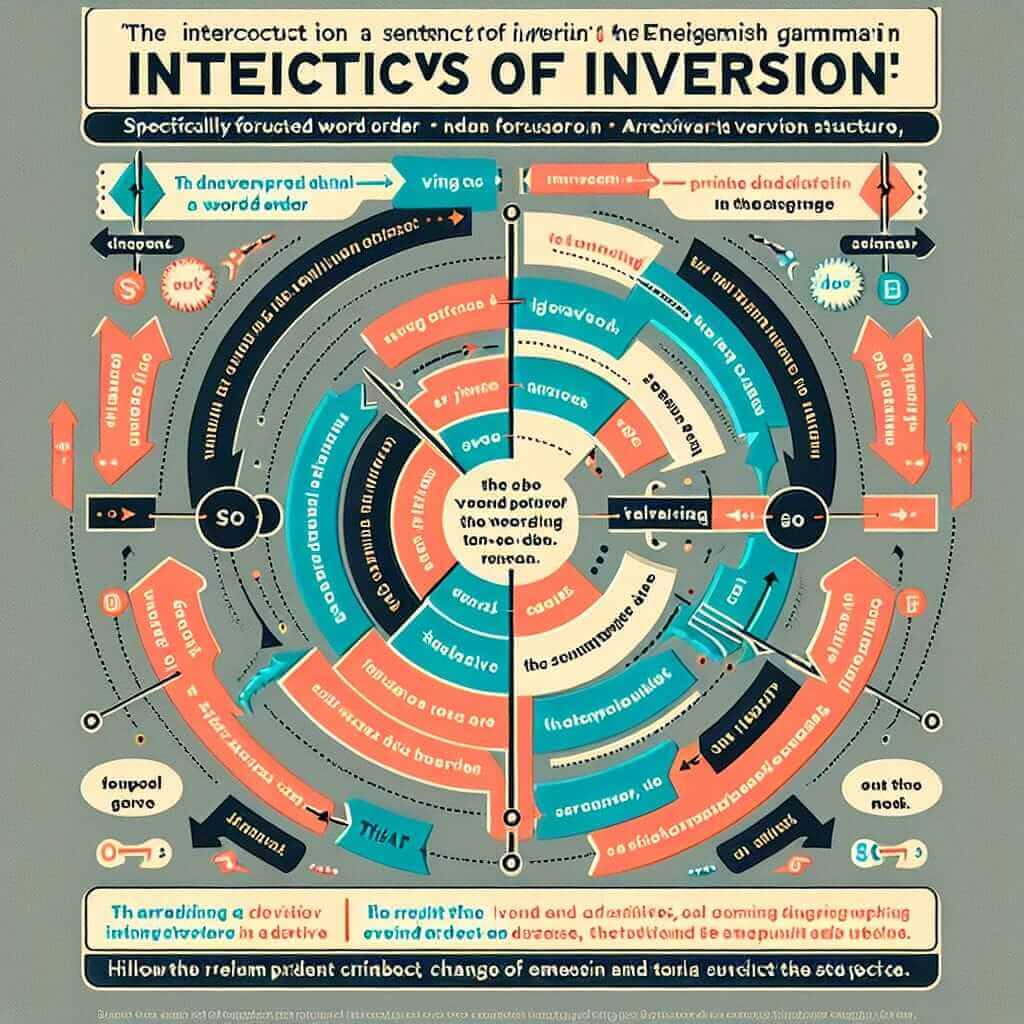Have you ever wondered how to make your English sound more impressive and sophisticated during your IELTS exam? One way to achieve this is by using inversion, a grammatical structure that can significantly enhance your writing and speaking scores. In this article, we’ll delve into a specific type of inversion exemplified by the sentence “So clever is she that she solves any problem.” We will analyze its structure, explore its nuances, and provide you with the tools to confidently incorporate it into your IELTS responses.
Let’s look at a few examples of how this structure can be used in different sections of the IELTS exam:
Speaking:
- Examiner: What do you think makes someone a good problem solver?
- You: Well, I know someone who’s incredibly bright. So quick is her thinking that she can find solutions in an instant. She’s like a human computer!
Writing Task 2:
- Original: Climate change is a huge threat, and we need to act immediately to prevent catastrophic consequences.
- Inversion: So severe is the threat of climate change that immediate action is paramount to avert disaster.
In each of these examples, the inversion structure adds emphasis and a more dramatic, formal tone to the language.
Understanding Inversion with “So… That…”
Inversion is essentially reversing the typical word order in a sentence. This often involves placing an adverbial phrase or an adjective at the beginning, followed by the auxiliary verb and subject. This structure is particularly common when using “so…that…” to express the extent of something.
Structure and Meaning
The basic formula for this type of inversion is:
So + adjective/adverb + auxiliary verb + subject + that + main clause
Let’s break down the example sentence:
- So clever is she: This part highlights the degree of her intelligence. “So” intensifies the adjective “clever.”
- that she solves any problem: This is the result of her being so clever.
Frequency in IELTS
While not overly common, using inversion correctly demonstrates a strong command of grammatical structures, which is a key factor in achieving a band score of 7 or higher. Examiners are always looking for evidence of a wide range of grammatical structures used accurately and appropriately.
Mastering “So… That…” Inversion
Formula and Application
Here’s a breakdown of the formula for using this type of inversion:
[So + adjective/adverb + auxiliary verb + subject + main verb] + that + [result clause]
Examples:
- So rapidly did the technology advance that many traditional industries struggled to keep up. (Adverb + auxiliary verb)
- So captivating was the story that I couldn’t put the book down. (Adjective + auxiliary verb)

Using Inversion in IELTS Writing
Writing Task 1 (Describing Trends):
- Original: The use of renewable energy sources increased dramatically between 2000 and 2020.
- Inversion: So significant was the growth in renewable energy use between 2000 and 2020 that it transformed the energy sector.
Writing Task 2 (Expressing Opinions):
- Original: Social media is incredibly influential and has the potential to shape public opinion.
- Inversion: So pervasive is the influence of social media that it has become a powerful force in shaping public discourse.
Aiming for a Higher Band Score
Incorporating inversion demonstrates a wider range of grammatical structures. However, always ensure:
- Accurate Application: The inversion must be grammatically flawless to have the desired impact.
- Appropriate Context: Inversion is generally more formal, so use it judiciously. It works well in academic essays, but may not be suitable for every situation.
- Variety: While impressive, don’t overuse inversion. Balance it with other complex sentence structures.
Common Errors and How to Avoid Them
- Incorrect Word Order: The most frequent error is placing elements in the wrong order. Always double-check that you’ve followed the formula.
- Missing Auxiliary Verb: Remember that the auxiliary verb is essential for inversion.
- Overuse: Using inversion too often can make your writing sound unnatural.
Conclusion
Mastering inversion, particularly the “so… that…” structure, is a valuable tool for IELTS candidates aiming for higher band scores. By understanding its mechanics and using it appropriately, you can add sophistication and variety to your language, demonstrating a firm grasp of advanced grammatical structures. Remember to practice implementing this structure in various contexts to build your confidence and ensure its correct application.